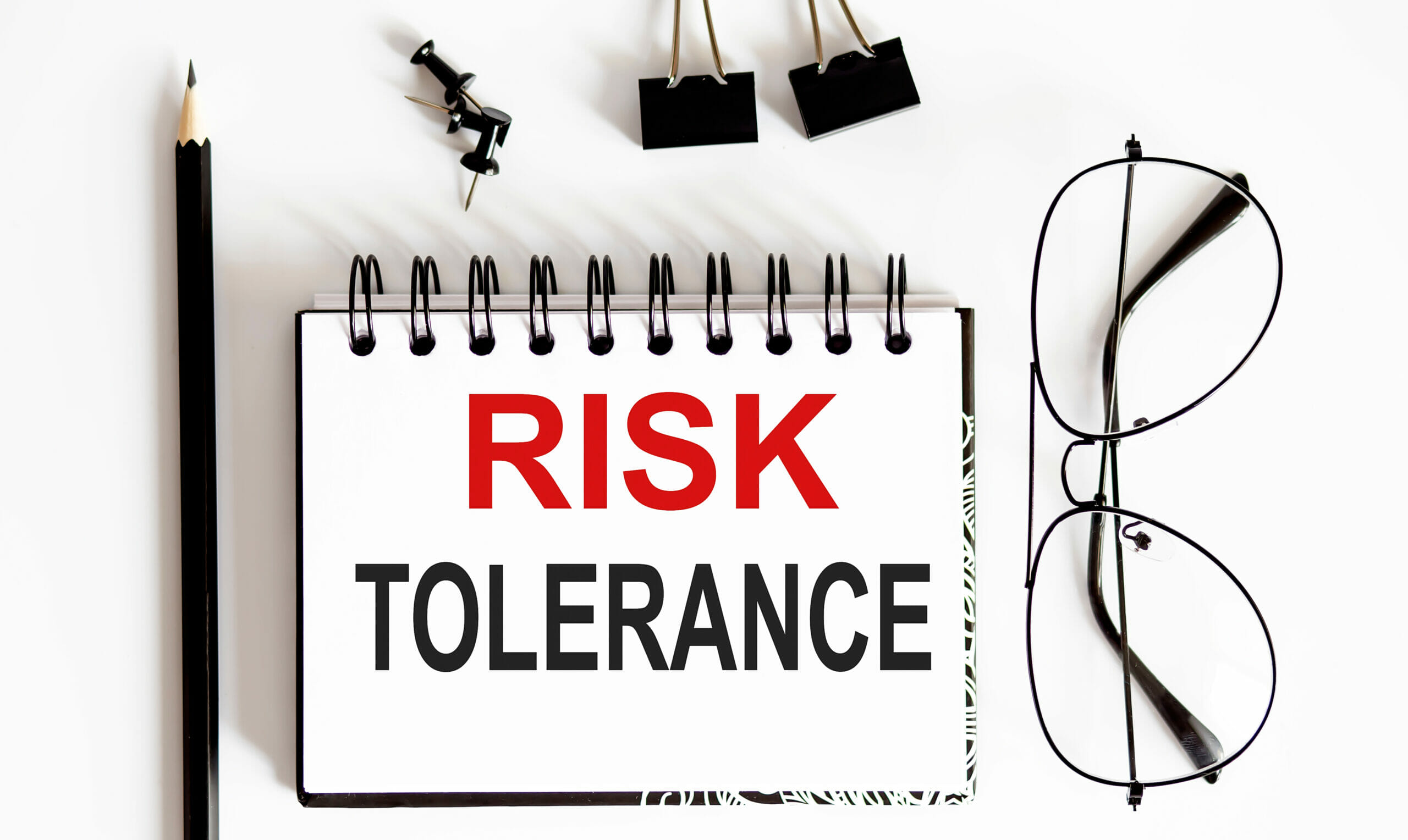What Does Your Personal Risk Tolerance Mean?

18 Questions Blog Series
At von Borstel & Associates, we ask our clients 18 critical questions. The answers to these questions determine how we partner with each client and manage their wealth.
Follow along with us through the 18 Questions Blog Series. You may be surprised by what you discover about yourself and your financial plan!
#4. What does your personal risk tolerance mean?
When I first meet people, they usually have a descriptive word for their portfolio risk. They may say it’s conservative, but does conservative in their mind mean the same thing as it does in mine? A client can seldom tell me their portfolio risk and then explain how that pertains to risk or performance in their portfolio.
Most fluctuation, surprise, and performance rest on allocation in a portfolio.
Allocation is not about short-term predictions; it is about long-term probable results. A diversified worldwide portfolio will indicate what to expect from it in the long-term. Someone informs me their portfolio is 50% in stock and 50% in bonds. I proceed to ask them the following key questions:
-
What makes up your 50% invested in stocks?
-
Are they foreign or US?
-
Small-cap or large-cap?
-
Value or growth?
-
Is it a profitable stock?
These ingredients make up your portfolio and predict how it will perform long-term. Do you know how this applies to your investments? Most do not!
Here is a prime example of an advisor misinterpreting a client’s risk preference.
An elderly widow’s long-term advisor passed her portfolio onto his son. She asked me to look into it as she was unhappy with the change. I was surprised to find that the portfolio was 100% in the stock market. She had previously stated it was a very conservative portfolio and that she trusted her old advisor implicitly. No portfolio made up of 100% stock is conservative. Her advisor frequently used that term with her. It was either not accurate, or they were speaking two different languages. In the late ‘90s, all my clients had aggressive or very aggressive portfolios because we had a series of good years. People had not paid the price for that risk recently! Unfortunately, from 2000 to 2002 the market dropped, and most could not stand it. They got out and did it at exactly the wrong time.
The before mentioned widow thought she had a conservative portfolio; that miscommunication between client and advisor was a problem. The portfolio itself was not an issue; communication was.
If you fail to understand the risk in your portfolio and what to expect, you get surprised. A surprise in our favor is appreciated, but when it goes down 15-30% for several consecutive years we often cannot deal with it emotionally. Your risk tolerance is critical to understand the following:
1) Appropriate portfolio construction
2) Expected variance in portfolio returns
3) Long-term results from the investment plan
If you don’t understand your risk tolerance and how your portfolio is built sooner or later you will be disappointed or shocked. Most do not have the ability or emotional stamina to stay in the portfolio and receive long-term returns. The worst result of this is selling when we should be buying, and buying when we should be selling. Ultimately we give up 3-4% of the return in a market. We worry, fret, and let our portfolios control our mindset. We should be in a portfolio that’s fairly predictable and easy to understand going forward. When this is achieved, we can enjoy life, go fishing, play with grandkids, or do whatever makes our life worth living. Worrying and fretting about your portfolio is not the answer.
You should know the following:
-
What is your portfolio’s allocation?
-
What does diversification in your portfolio mean?
-
Are you diversified enough to get predictable results?
-
What is the standard deviation of your portfolio?
-
What does that number mean?
Find out these five things if you don’t know them!
Click here to contact von Borstel & Associates!
Investment advisory services offered through von Borstel & Associates, Inc., an SEC Registered Investment Advisor.